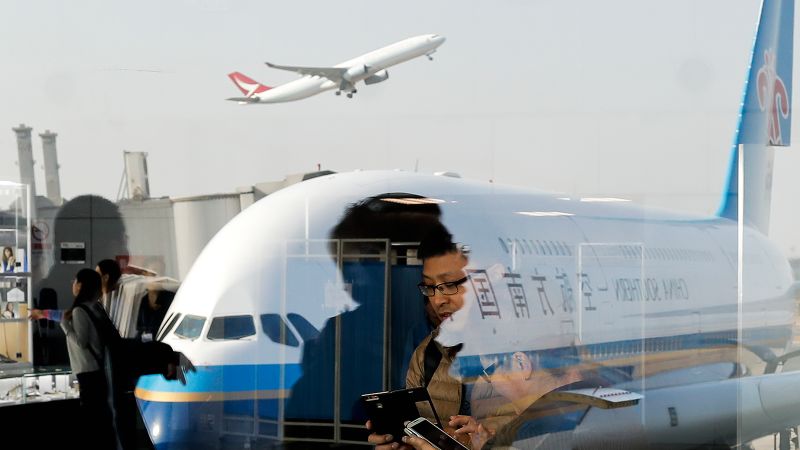China announced that it will control exports of certain aviation and space components starting on July 1. This decision was made in order to protect the country’s national security and interests. Items such as aerospace structural components, equipment, and software used in engine manufacturing will require an export license. The statement was jointly signed by China’s Customs Administration and Central Military Commission.
The export control list also includes gas turbine engines, moulds for manufacturing spacesuit parts, equipment, software, and advanced polymers used in bulletproof clothing. Exporters will need to apply to the Ministry of Commerce for an export license, which will determine if the item in question could have a “dual-use” military application. The Export Control Law was introduced in late 2020 to consolidate various pieces of legislation into one single law.
The decision to implement export controls on these items is in line with international practices, where the United States and European Union also control the export of certain aerospace components over concerns that they may have “dual-use” applications. China stated that the policy does not target any specific country or region, and exports will be licensed if they comply with the relevant regulations. The move reflects China’s efforts to align its export control regulations with international standards.
Analysts noted that the introduction of the Export Control Law in China was part of an effort to consolidate existing legislation and align with global practices. The law was seen as a response to the escalating trade war initiated by Trump-era tariffs on Chinese goods in 2018. By implementing export controls, China aims to safeguard its national security and fulfill international obligations related to non-proliferation.
The Ministry of Commerce emphasized that the export controls are not targeting any specific country or region. The decision to regulate exports of aviation and space components is based on China’s own security needs and adherence to international obligations. With the approval of the State Council and Central Military Commission, the export controls aim to prevent sensitive technologies from falling into the wrong hands and protect national interests. Exporters will have to apply for licenses to ensure compliance with the new regulations.
Overall, China’s decision to control exports of aviation and space components reflects its commitment to enhancing national security and aligning with international export control practices. By implementing export controls on certain items, China aims to prevent the proliferation of sensitive technologies and protect its national interests. The move is part of a larger effort to consolidate existing legislation and strengthen export control regulations in line with global standards.


